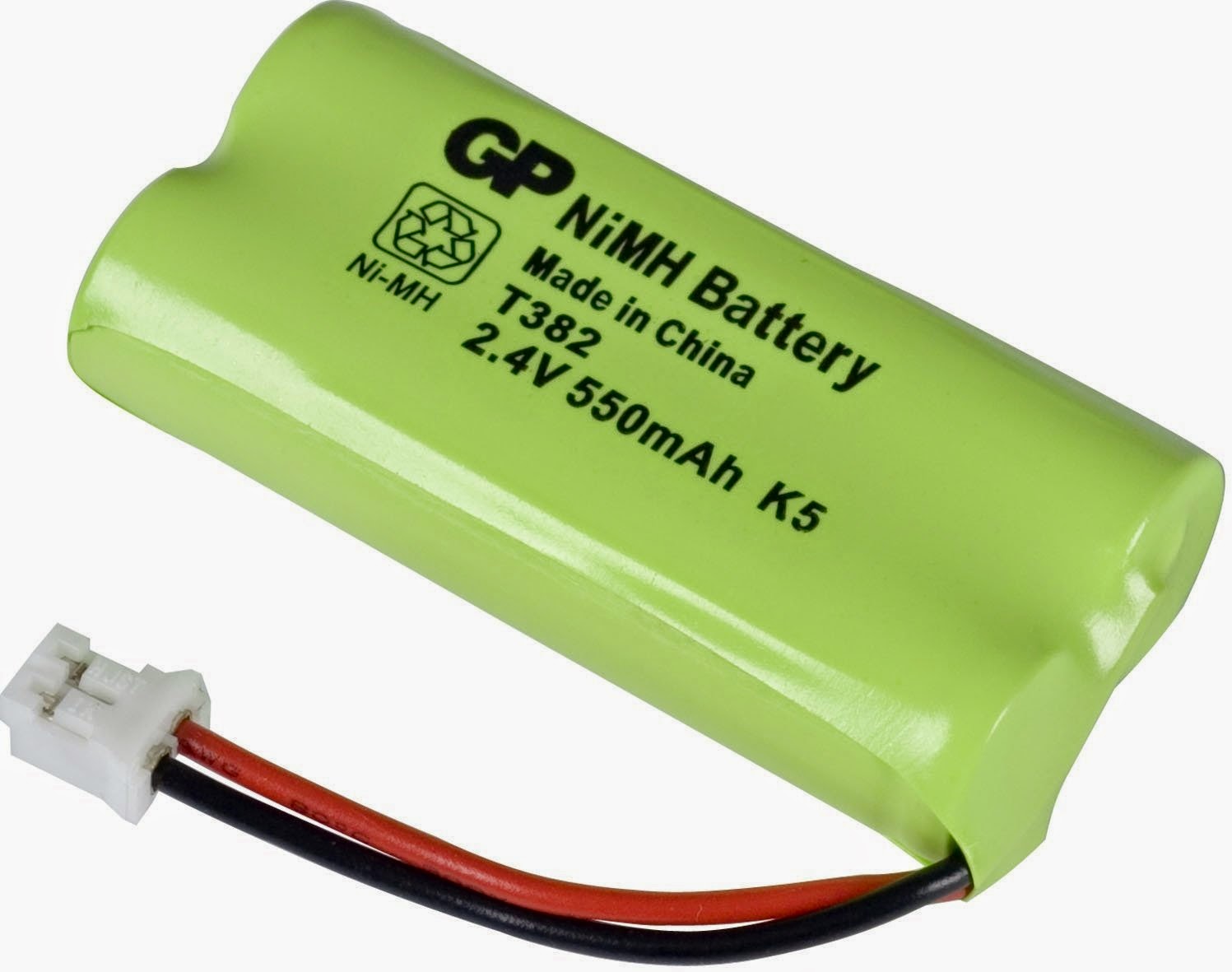

Articles
How To Store Nimh Batteries
Modified: December 7, 2023
Learn the best way to store and maintain your NiMH batteries with our informative articles. Extend the lifespan and optimize performance!
(Many of the links in this article redirect to a specific reviewed product. Your purchase of these products through affiliate links helps to generate commission for Storables.com, at no extra cost. Learn more)
Introduction
NiMH batteries, short for Nickel Metal Hydride batteries, have gained popularity in recent years due to their reusability and environmentally friendly nature. These batteries are commonly used in a wide range of electronic devices, including digital cameras, MP3 players, and remote control toys. While they offer numerous advantages, proper storage is essential to ensure their optimal performance and lifespan.
In this article, we will delve into the world of NiMH batteries and explore the factors that affect their storage. We will also provide you with helpful tips and techniques for storing these batteries to prolong their lifespan and maintain their functionality. So, if you’re a gadget enthusiast or someone who frequently uses NiMH batteries, continue reading to discover the best practices for storing them.
Key Takeaways:
- Proper storage of NiMH batteries is crucial for maintaining their performance and longevity. Store them in a cool, dry environment, and avoid common mistakes like overcharging and neglecting to clean or inspect the batteries.
- Following recommended storage conditions and techniques, along with tips for prolonging battery lifespan, will ensure that your NiMH batteries remain reliable and ready for use when needed. Remember to monitor their condition over time and replace them as necessary.
Read more: How To Store A Battery
Understanding NiMH Batteries
NiMH batteries are a type of rechargeable battery that utilizes a combination of nickel oxyhydroxide positive electrodes and hydrogen-absorbing negative electrodes. This combination allows them to deliver a higher energy density compared to other battery types such as NiCad (Nickel Cadmium) batteries.
One of the key advantages of NiMH batteries is their ability to be recharged and used multiple times. This makes them a cost-effective and eco-friendly alternative to disposable alkaline batteries. Additionally, NiMH batteries have a lower self-discharge rate, meaning they hold their charge for longer periods when not in use.
It’s important to note that NiMH batteries have a slightly different behavior compared to other battery chemistries. For example, they may experience a phenomenon called the “memory effect,” which causes the battery to appear to have less capacity over time. However, this effect is minimal in NiMH batteries and can be mitigated by fully discharging and then recharging the battery.
Another consideration with NiMH batteries is their sensitivity to high temperatures. Exposure to extreme heat can cause damage to the battery and reduce its lifespan. Therefore, it’s crucial to store NiMH batteries in a cool and dry environment to maintain their performance.
Overall, understanding the basic characteristics and behavior of NiMH batteries is essential for effectively storing and utilizing them. Now that we have a grasp on how NiMH batteries work, let’s explore the factors that can affect their storage.
Factors Affecting NiMH Battery Storage
Proper storage of NiMH batteries is crucial to maintain their performance and prolong their lifespan. Several factors can impact the storage of these batteries, and being aware of these factors is key to ensuring their optimal condition. Let’s take a closer look at the key factors affecting the storage of NiMH batteries:
- Temperature: Temperature plays a significant role in NiMH battery storage. High temperatures can accelerate the self-discharge rate, leading to a loss of charge over time. On the other hand, extremely low temperatures can cause the battery to become less efficient. It is best to store NiMH batteries in a cool environment, ideally between 59°F (15°C) and 77°F (25°C).
- Humidity: Moisture and humidity can also impact NiMH battery storage. Excessive humidity can cause corrosion and damage to the battery’s internal components. It is important to store NiMH batteries in a dry environment to prevent any moisture-related issues.
- Charge Level: The charge level of the battery also plays a role in its storage. Ideally, NiMH batteries should be stored with a partial charge, around 40% to 50% of their full capacity. Storing them fully charged or completely discharged for extended periods can lead to capacity loss and reduce overall battery performance.
- Protection from Physical Damage: NiMH batteries are prone to damage if mishandled or exposed to physical stress. It is important to store them in a secure and stable manner to prevent any potential damage. Avoid placing heavy objects on top of the batteries or subjecting them to pressure or impact.
By considering these factors, you can ensure that your NiMH batteries remain in optimal condition during storage. In the next section, we will discuss the preparation steps you should take before storing NiMH batteries.
Preparation for Storing NiMH Batteries
Before you store your NiMH batteries for an extended period, it’s important to take a few preparation steps to ensure their longevity and performance when you’re ready to use them again. Here are some essential steps to follow:
- Clean the Batteries: Start by wiping the surface of the batteries with a clean, dry cloth to remove any dirt, dust, or debris. Keeping the batteries clean will help prevent any potential issues during storage and maintain their overall condition.
- Check the Charge Level: Before storing the batteries, check their charge level. If they are fully charged, it is recommended to discharge them a bit to around 40% to 50% of their capacity. If they are already discharged, charge them up to the desired level. This step helps minimize the self-discharge rate and keeps the batteries in an ideal state for storage.
- Remove from Devices: Ensure that the NiMH batteries are removed from any devices they are currently powering. Leaving the batteries in devices while storing them can lead to power drain over time and potentially damage the batteries or the device itself.
- Inspect for Damage: Take a moment to visually inspect the batteries for any signs of damage or leakage. If you notice any bulging, corrosion, or other abnormalities, it is best to dispose of the batteries properly and not store them.
- Organize and Label: It’s a good practice to keep your stored NiMH batteries organized. You can use a separate container or compartment to store them and label them with the date of storage. This way, you can easily identify the age of the batteries and rotate them if needed.
By following these preparation steps, you ensure that your NiMH batteries are ready for storage and will remain in good condition until you’re ready to use them. In the next section, we will discuss the proper storage techniques for NiMH batteries.
Proper Storage Techniques for NiMH Batteries
Proper storage is vital to maintain the performance and longevity of NiMH batteries. Follow these techniques to ensure your batteries remain in optimal condition during storage:
- Choose the Right Container: Select a container made of a non-conductive material such as plastic or cardboard to store your NiMH batteries. Avoid using metal containers as they can cause a short-circuit or discharge the batteries unintentionally.
- Separate Individual Batteries: Store each NiMH battery separately to prevent them from coming into contact with each other. This helps reduce the risk of accidental discharge and potential damage caused by battery-to-battery contact.
- Avoid Extreme Temperatures: Store your NiMH batteries in a cool and dry place. Avoid exposing them to extreme temperatures, both hot and cold, as it can negatively impact the battery’s performance and lifespan. Ideally, the storage temperature should be between 59°F (15°C) and 77°F (25°C).
- Avoid Direct Sunlight: Keep the battery storage area away from direct sunlight. Exposure to sunlight or UV rays can degrade the battery and impact its performance.
- Protect from Moisture: Ensure that the storage area is dry and free from excess moisture. Moisture can damage the battery or lead to corrosion on the terminals. Use a moisture-absorbing packet or a silica gel pack to help keep the area dry if necessary.
- Avoid Vibrations: Store your NiMH batteries in a location that is free from excessive vibrations. Vibrations can impact the internal components of the batteries and reduce their lifespan.
- Regularly Check and rotate: Periodically check your stored NiMH batteries to ensure they are still in good condition. Consider rotating the batteries by using the older ones first to prevent any unused batteries from deteriorating over time.
By implementing these proper storage techniques, you can ensure that your NiMH batteries remain in optimal condition and ready for use when you need them. In the next section, we will provide tips for prolonging the lifespan of NiMH batteries.
Store NiMH batteries in a cool, dry place at room temperature. Avoid extreme temperatures and humidity, and store them in a plastic or cardboard container to prevent short-circuiting.
Read more: How To Store Batteries
Tips for Prolonging NiMH Battery Lifespan
Prolonging the lifespan of your NiMH batteries not only helps you get the most out of your investment but also contributes to reducing waste and promoting sustainability. Follow these tips to maximize the lifespan of your NiMH batteries:
- Avoid Overcharging: Overcharging NiMH batteries can lead to excessive heat generation and reduce their overall lifespan. Make sure to use a charger specifically designed for NiMH batteries and avoid leaving them connected to the charger once they are fully charged.
- Use the Right Charger: Invest in a quality charger that is compatible with NiMH batteries. Using the wrong charger can result in overcharging or undercharging, both of which can negatively impact battery performance and lifespan.
- Avoid Deep Discharges: While NiMH batteries don’t suffer from the memory effect as much as other battery chemistries, deep discharges can still degrade their performance over time. Try to recharge your NiMH batteries before they are completely drained to extend their lifespan.
- Charge Before Storage: If you plan to store your NiMH batteries for an extended period, it’s recommended to charge them to about 40% to 50% of their full capacity before storing them. This helps minimize self-discharge during storage and keeps the batteries in a healthier state.
- Avoid Extreme Temperatures: As mentioned earlier, extreme temperatures can adversely affect NiMH battery performance. Avoid exposing them to excessive heat or cold, as it can lead to capacity loss and reduced overall lifespan.
- Regularly Use and Recharge: NiMH batteries perform best when they are used regularly. If your batteries are not in frequent use, make it a habit to recharge them every few months to maintain their optimal performance and prevent capacity loss.
- Handle with Care: Treat your NiMH batteries with care to prevent any physical damage. Avoid dropping or subjecting them to rough handling, as this can impact their internal components and reduce their lifespan.
By following these tips, you can extend the lifespan of your NiMH batteries and ensure that they continue to provide reliable power for your electronic devices. In the next section, we will discuss the recommended storage conditions for NiMH batteries.
Recommended Storage Conditions for NiMH Batteries
To maintain the optimal condition and performance of NiMH batteries during storage, it is important to store them in the right conditions. Here are the recommended storage conditions for NiMH batteries:
- Temperature: Store NiMH batteries in a cool environment with a temperature range between 59°F (15°C) and 77°F (25°C). Avoid exposing them to extreme heat or cold as it can degrade the battery and reduce its capacity.
- Humidity: Store NiMH batteries in a dry environment with low humidity. Moisture can lead to corrosion and other damage to the battery’s internal components. Consider using a moisture-absorbing packet or a silica gel pack in the storage container to maintain dry conditions.
- Light and UV Exposure: Keep NiMH batteries away from direct sunlight and UV exposure. UV rays can degrade the battery and impact its performance over time. Store them in a dark or shady area to minimize any potential damage caused by light exposure.
- Storage Container: Choose a storage container made of a non-conductive material such as plastic or cardboard. This helps prevent short-circuits and unintentional discharges. Ensure that the container is clean and free from any debris that could potentially damage the batteries.
- Separate Storage: Store NiMH batteries separately to avoid contact with each other. This prevents accidental discharges and the risk of damage caused by battery-to-battery contact. Use individual compartments or dividers within the storage container to keep the batteries organized and separated.
- Regular Checkup: Periodically inspect the stored NiMH batteries for any signs of damage, leakage, or corrosion. If you notice any abnormalities, it is advisable to dispose of the batteries safely and not continue storing them.
By adhering to these recommended storage conditions, you can ensure that your NiMH batteries remain in optimal condition and are ready to deliver power when you need them. However, it’s important to note that even with proper storage, NiMH batteries will eventually degrade over time. Therefore, it’s important to monitor their condition and replace them when they no longer hold a charge effectively.
In the next section, we will highlight some common mistakes to avoid when storing NiMH batteries.
Common Mistakes to Avoid When Storing NiMH Batteries
While storing NiMH batteries is relatively straightforward, there are some common mistakes that should be avoided to ensure the longevity and optimal performance of the batteries. Here are a few mistakes to steer clear of when storing NiMH batteries:
- Overcharging: Overcharging NiMH batteries can lead to heat buildup and reduce their overall lifespan. Avoid leaving the batteries connected to the charger once they are fully charged, as this can cause damage and decrease their performance over time.
- Storing in Extreme Temperatures: Exposing NiMH batteries to extreme temperatures, whether excessively hot or cold, can significantly impact their performance and lifespan. Avoid storing them in locations subject to extreme temperature fluctuations, such as near heating vents or in the freezer.
- Storing Completely Discharged Batteries: Storing NiMH batteries in a completely discharged state can lead to capacity loss over time. Before storing them, make sure to charge them to around 40% to 50% of their full capacity to minimize self-discharge during storage.
- Not Cleaning the Batteries: Neglecting to clean the batteries before storage can result in dirt, dust, or debris interfering with their performance. Take a moment to wipe them with a clean, dry cloth to remove any residue and ensure they are free from contaminants.
- Storing in Metal Containers: Avoid storing NiMH batteries in metal containers. Metal is conductive and can cause short-circuits or unintentional discharge, leading to potential damage to the battery and safety hazards.
- Ignoring Inspection: Neglecting to periodically inspect the batteries for any signs of damage, leakage, or corrosion can lead to storing faulty batteries, which can be risky and ineffective. Regularly check the batteries and dispose of any damaged batteries appropriately.
- Storing Unused Batteries for Extended Periods: Leaving NiMH batteries unused for extended periods without periodically charging and discharging them can result in capacity loss and reduced overall performance. If you have unused batteries, make it a habit to recharge them every few months to maintain their health.
By avoiding these common mistakes and following the recommended storage practices, you can ensure that your NiMH batteries remain in good condition and deliver reliable power when needed. In the next section, we will conclude our article.
Conclusion
Proper storage of NiMH batteries is crucial to maintaining their performance, longevity, and overall functionality. By understanding the factors that affect NiMH battery storage and following the recommended techniques, you can ensure that your batteries remain in optimal condition during storage.
Remember to store NiMH batteries in a cool and dry environment, away from extreme temperatures and direct sunlight. Use non-conductive containers to store the batteries separately, and periodically check them for any signs of damage or leakage. Avoid common mistakes such as overcharging, storing completely discharged batteries, and neglecting to clean or inspect the batteries.
Following tips to prolong the lifespan of your NiMH batteries, such as avoiding deep discharges and using the correct charger, will further enhance their longevity. By taking the necessary precautions and implementing the best practices, you can maximize the lifespan of your NiMH batteries and ensure their reliability when you need them.
Remember that over time, even with proper storage, NiMH batteries will naturally degrade. Therefore, it’s important to monitor their condition and replace them when they no longer hold a charge effectively.
By implementing these guidelines, you can make the most of your NiMH batteries, contribute to a sustainable environment, and save on cost by utilizing rechargeable batteries instead of disposable ones.
So, whether you’re a gadget enthusiast, a photographer, or simply someone who frequently uses NiMH batteries, make sure to store them properly and follow the tips provided in this article to ensure that your batteries are always ready to power your devices.
Frequently Asked Questions about How To Store Nimh Batteries
Was this page helpful?
At Storables.com, we guarantee accurate and reliable information. Our content, validated by Expert Board Contributors, is crafted following stringent Editorial Policies. We're committed to providing you with well-researched, expert-backed insights for all your informational needs.
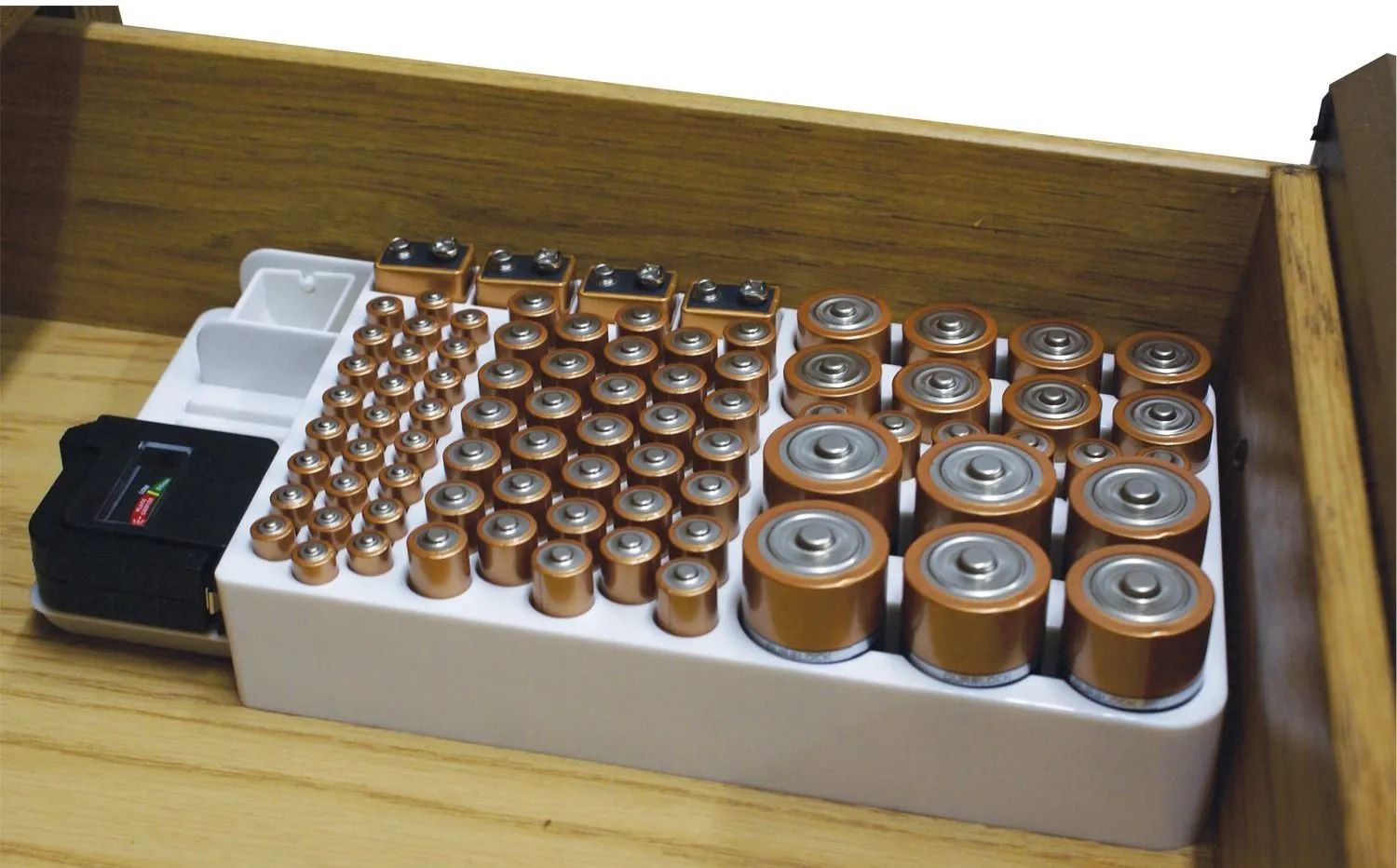
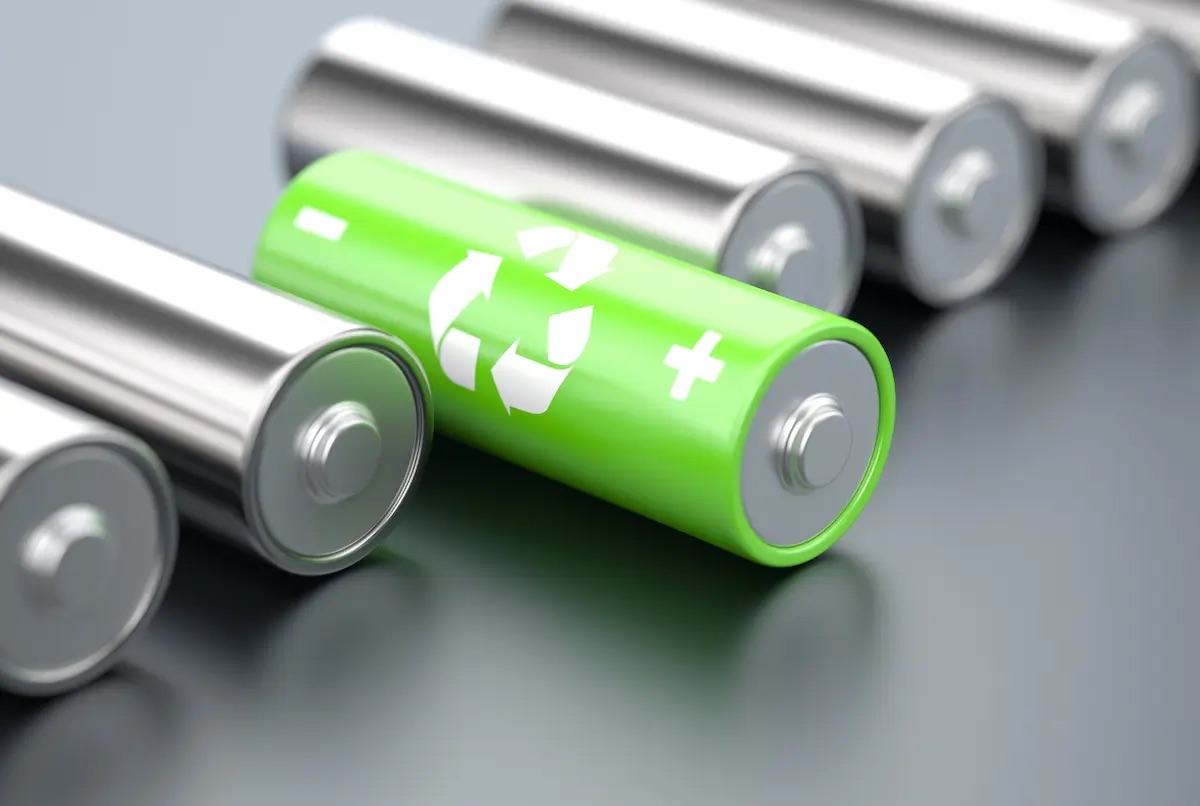
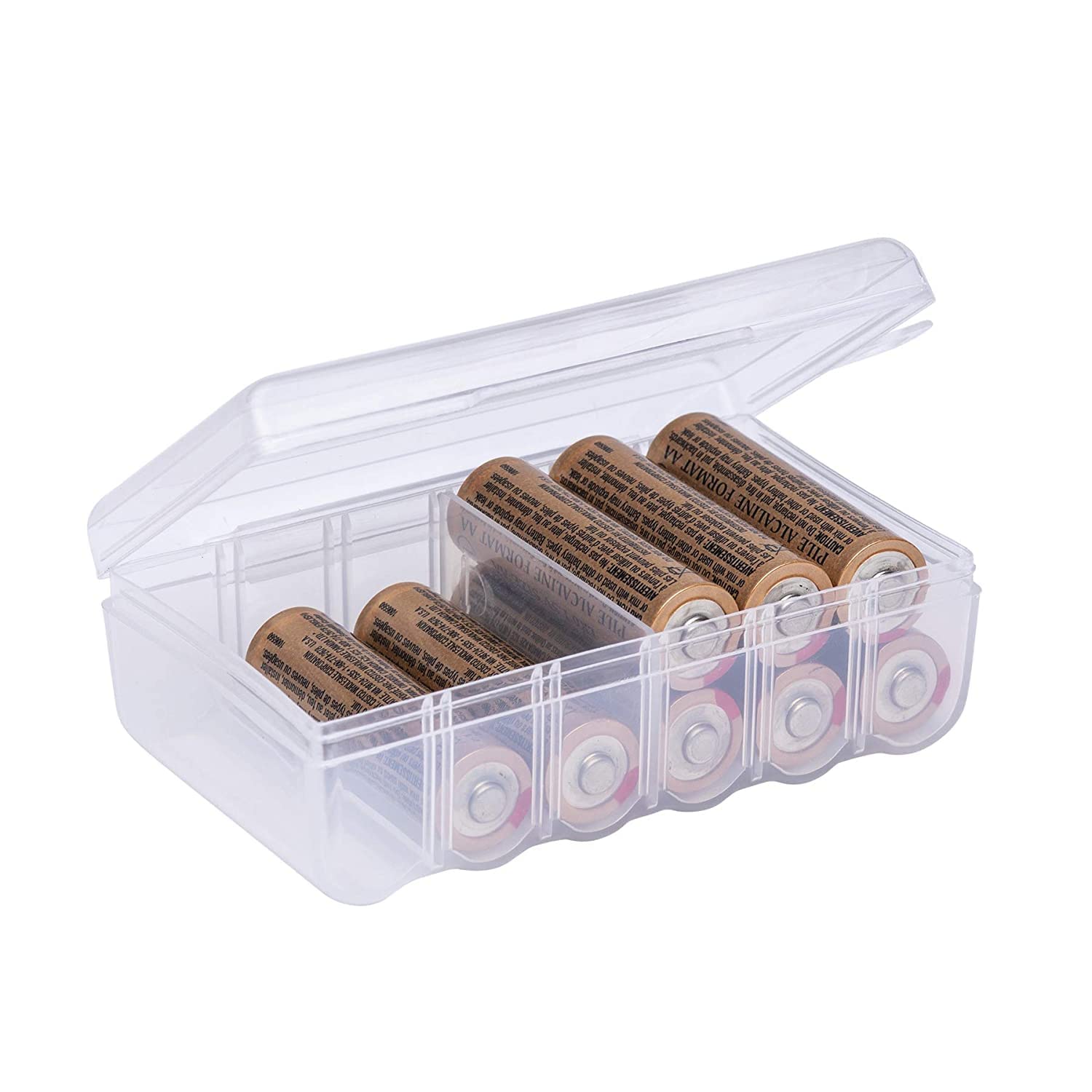
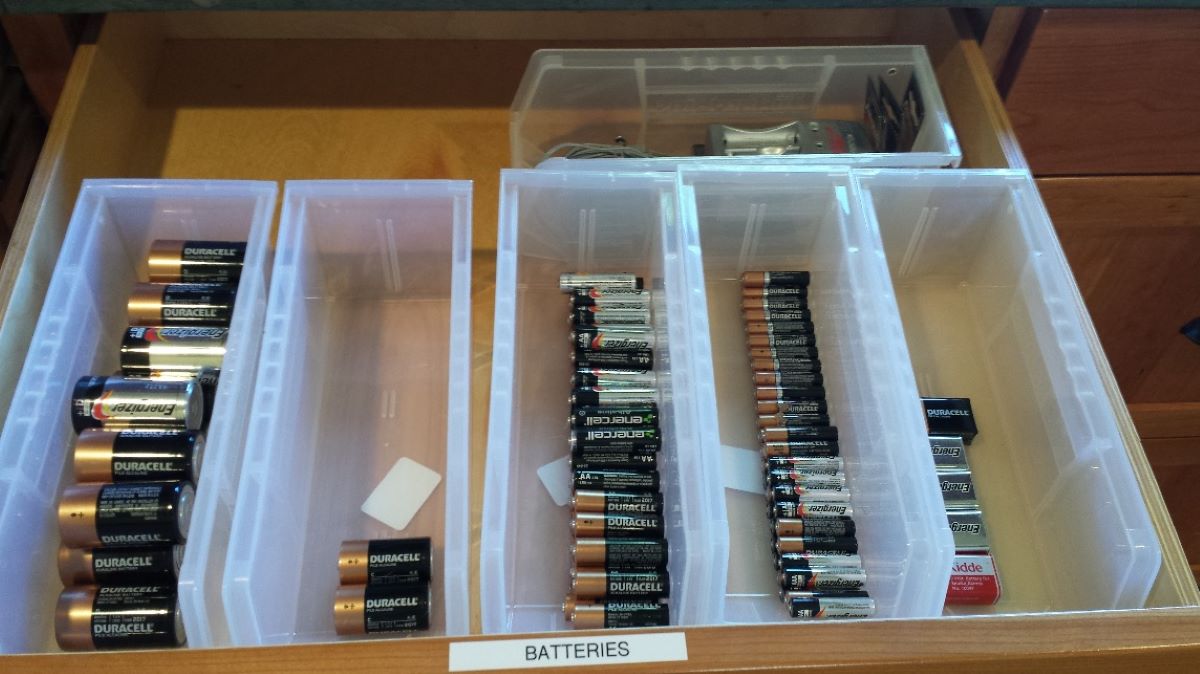
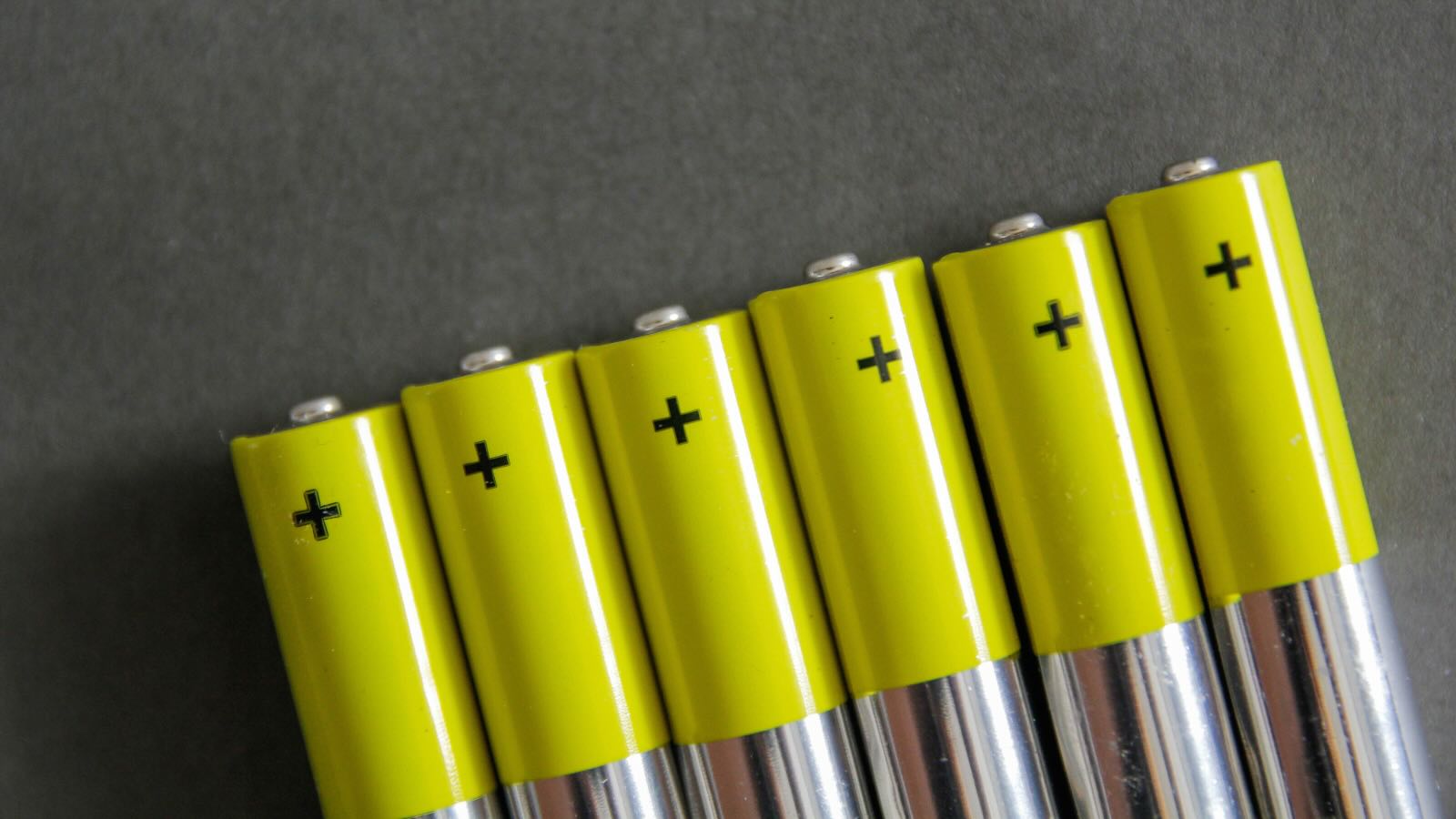
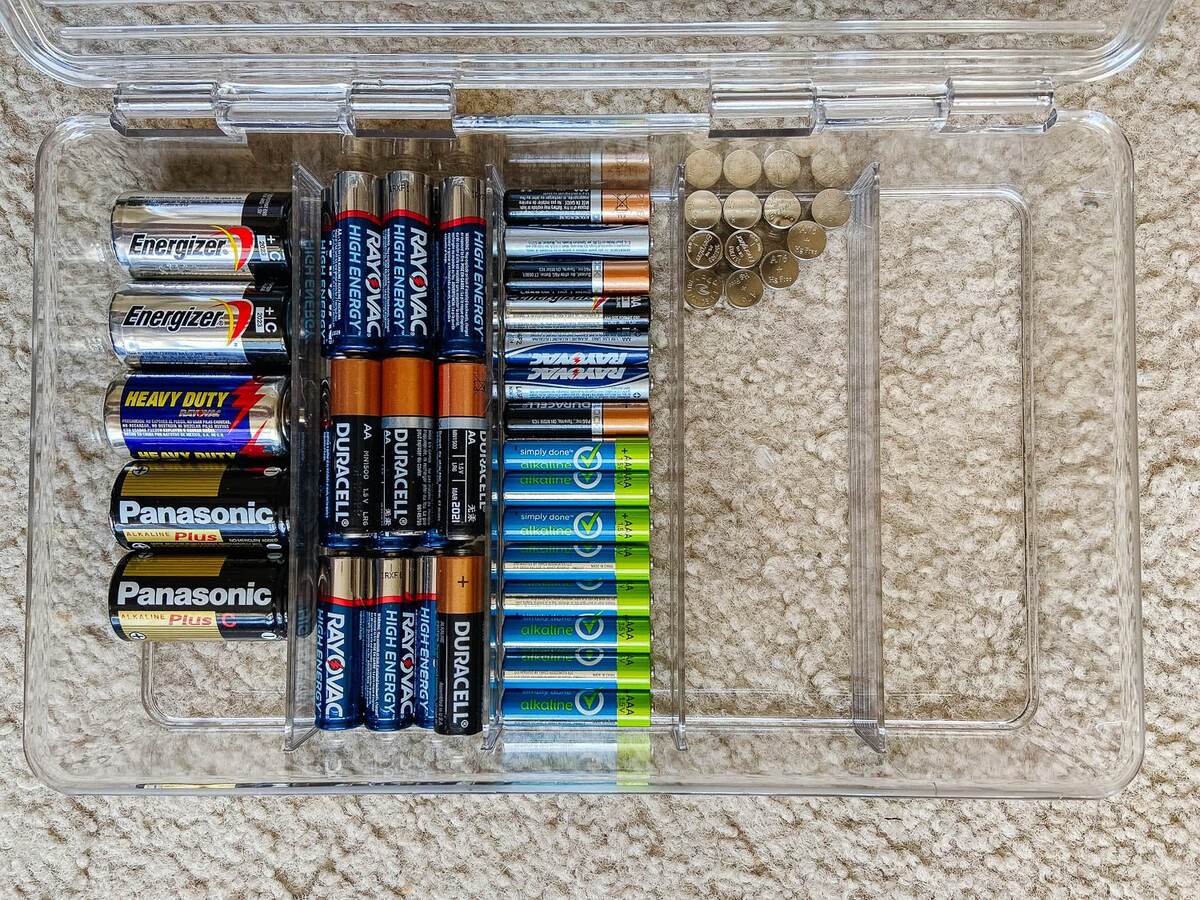
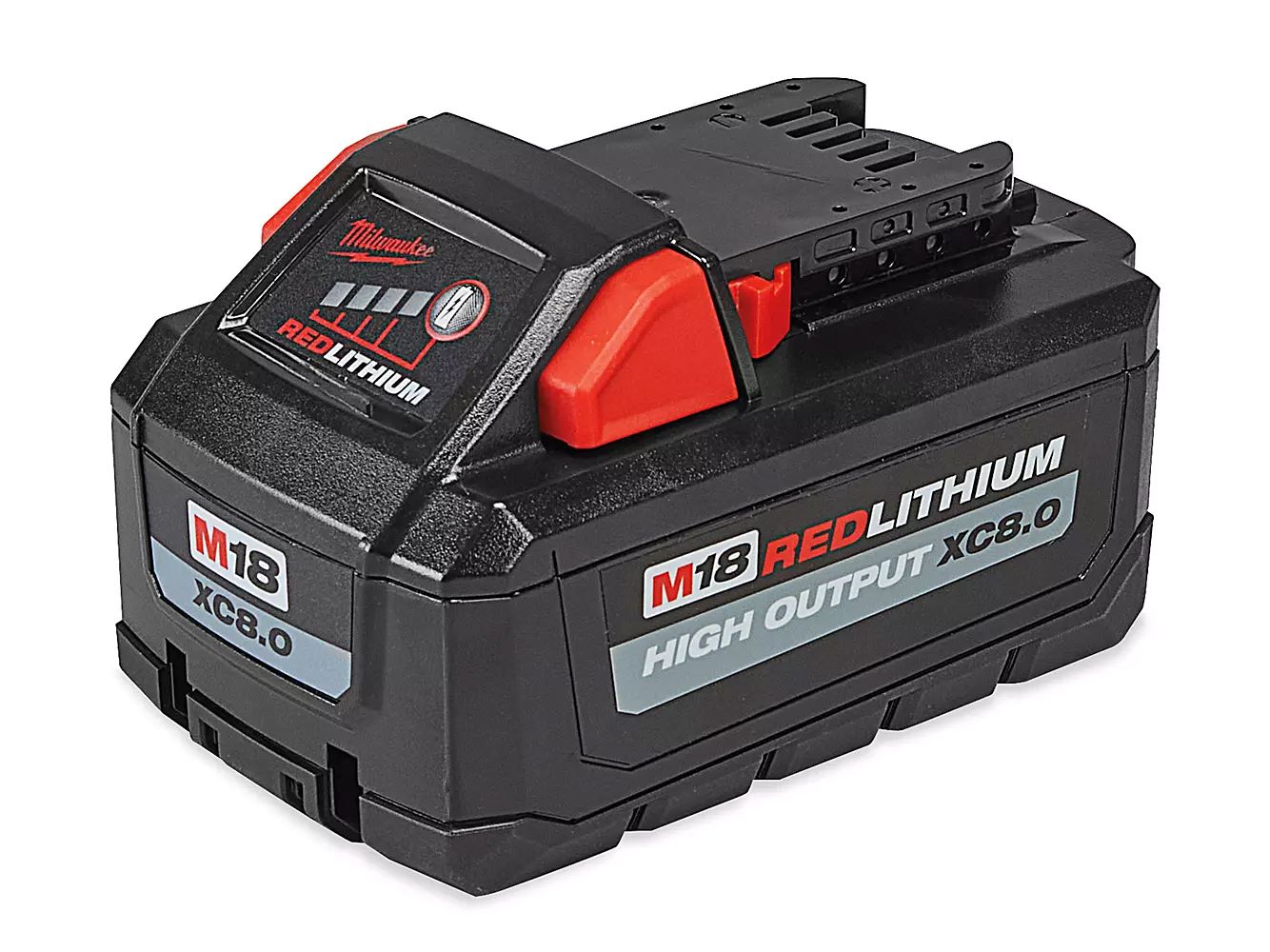
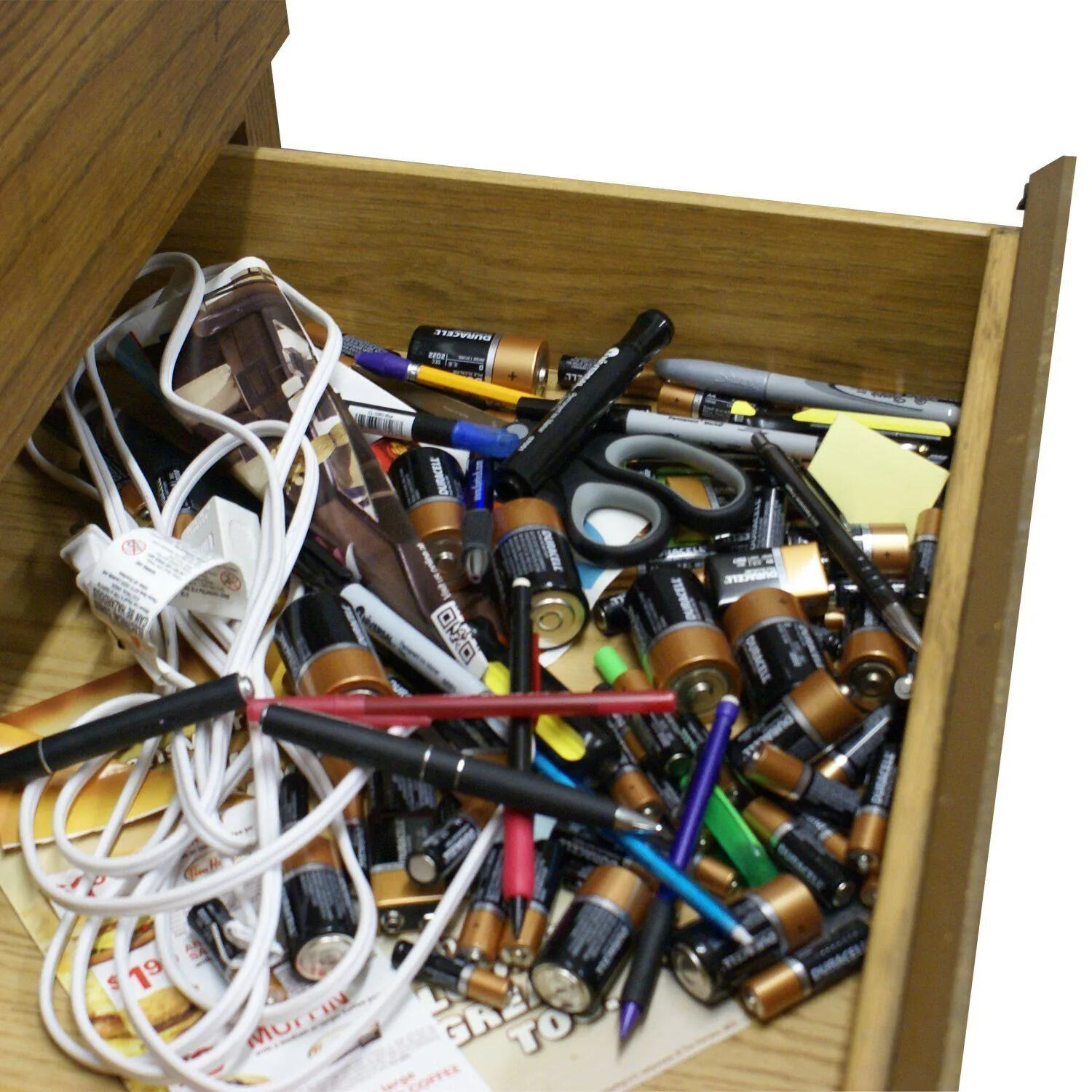
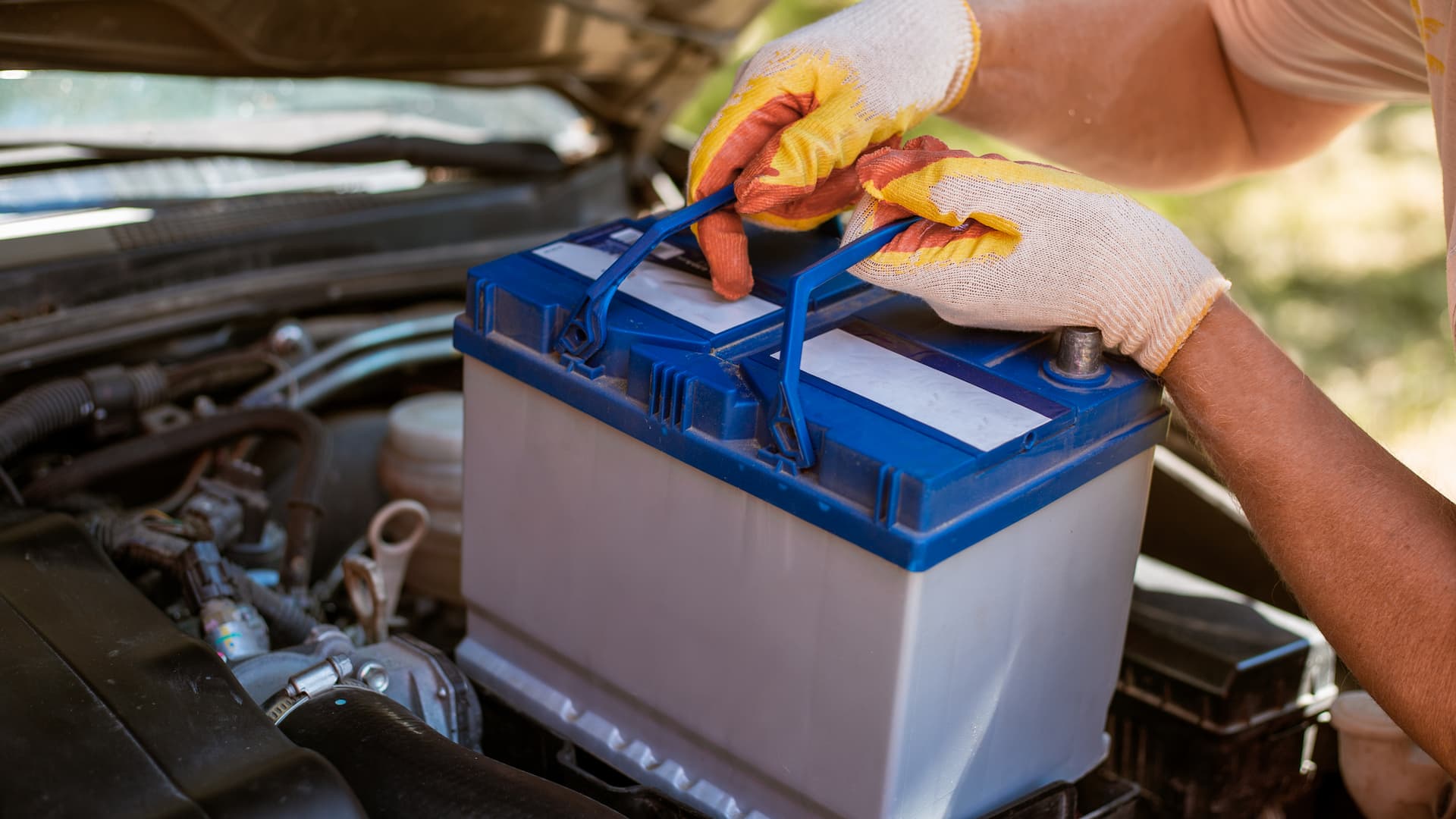
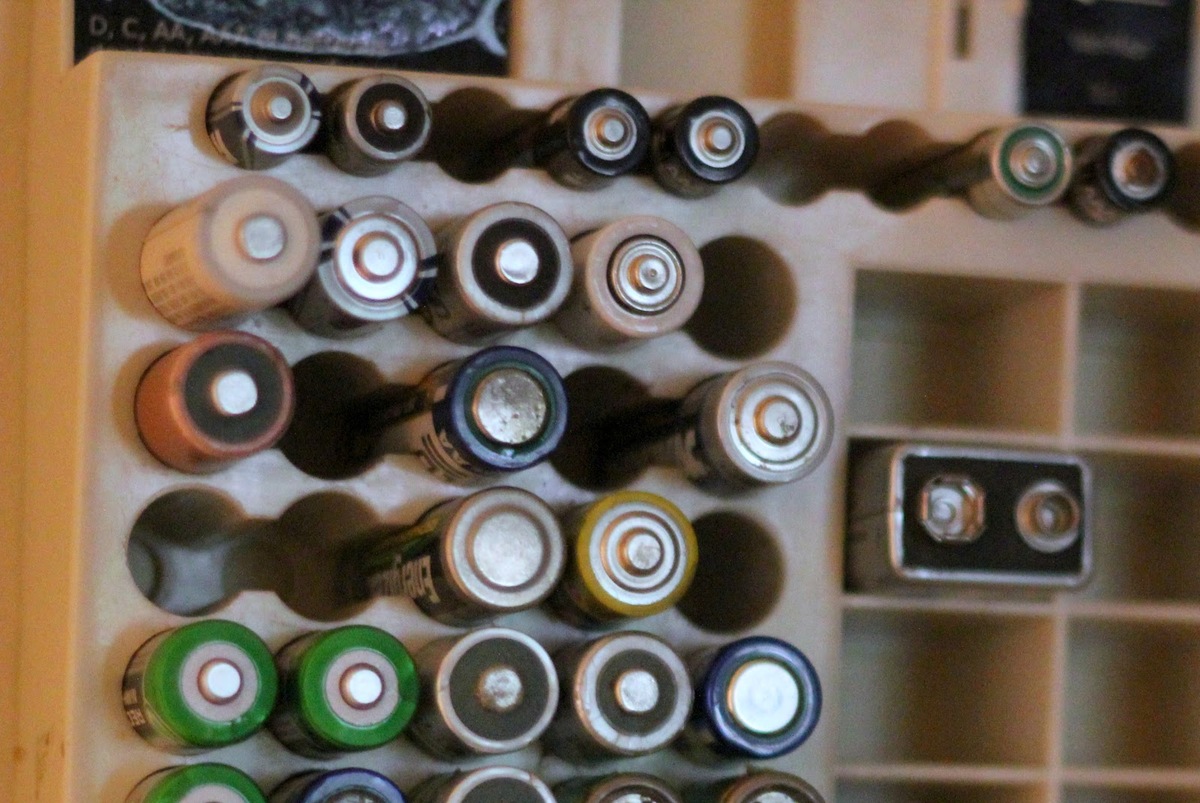
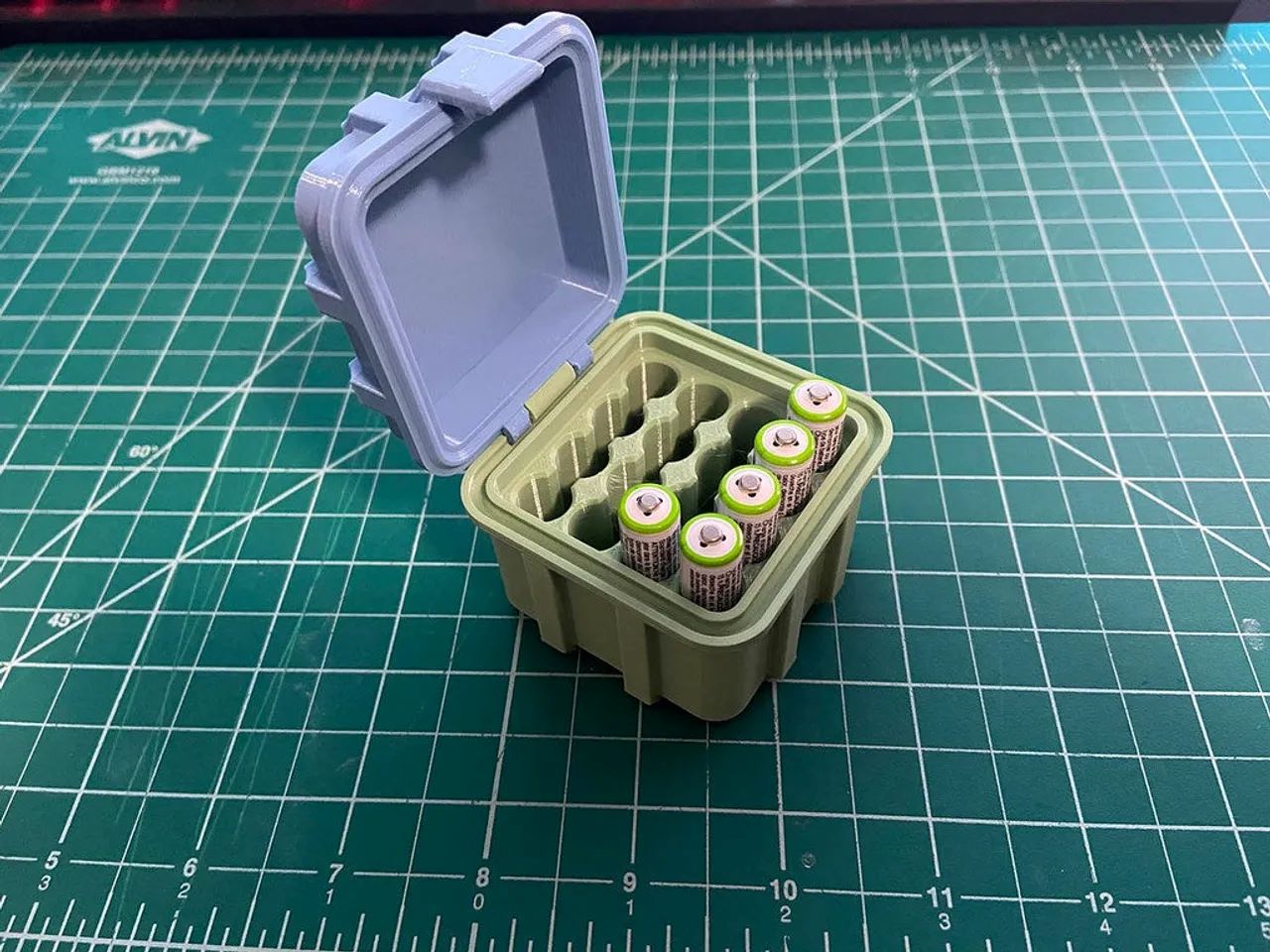
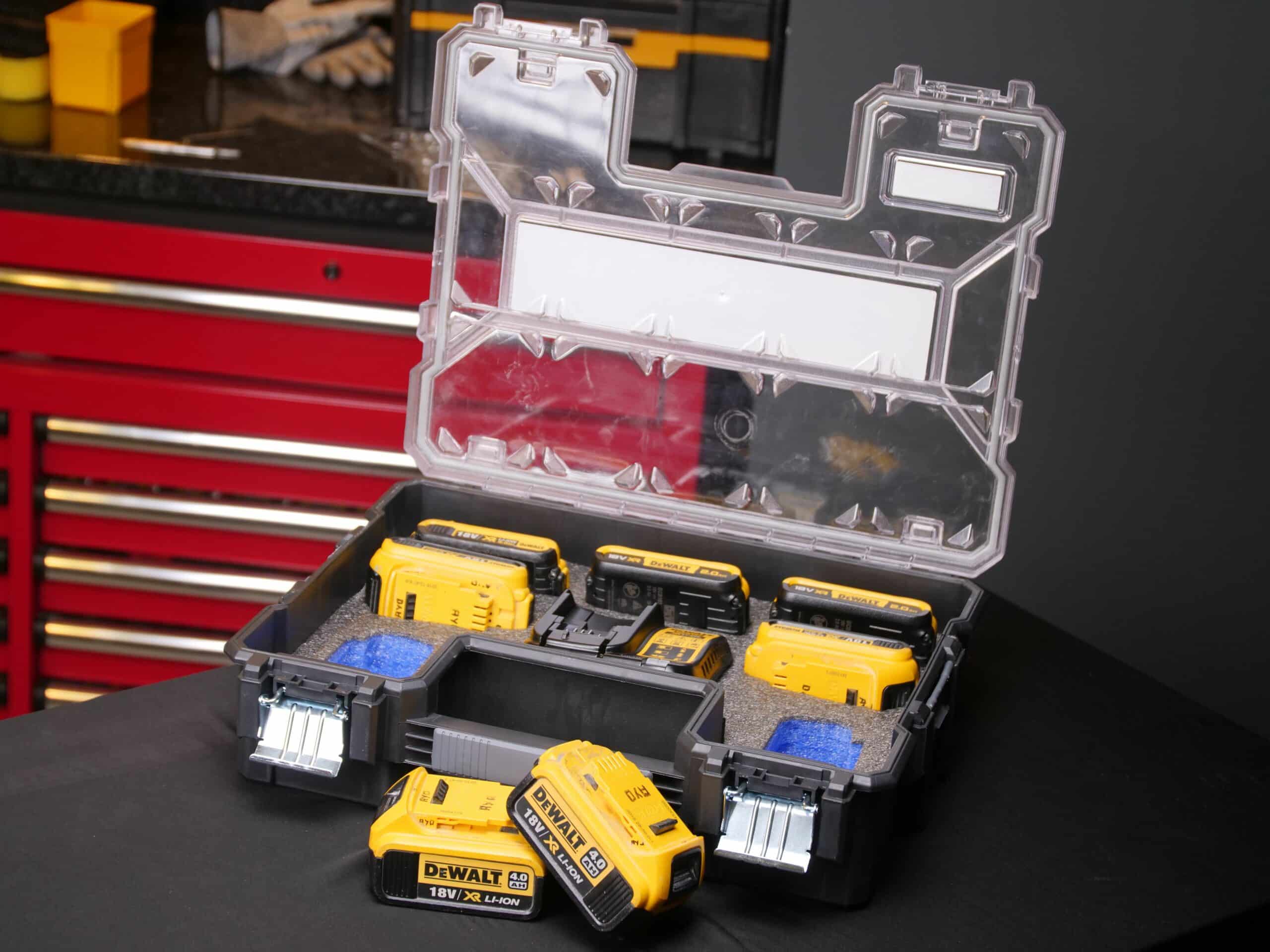
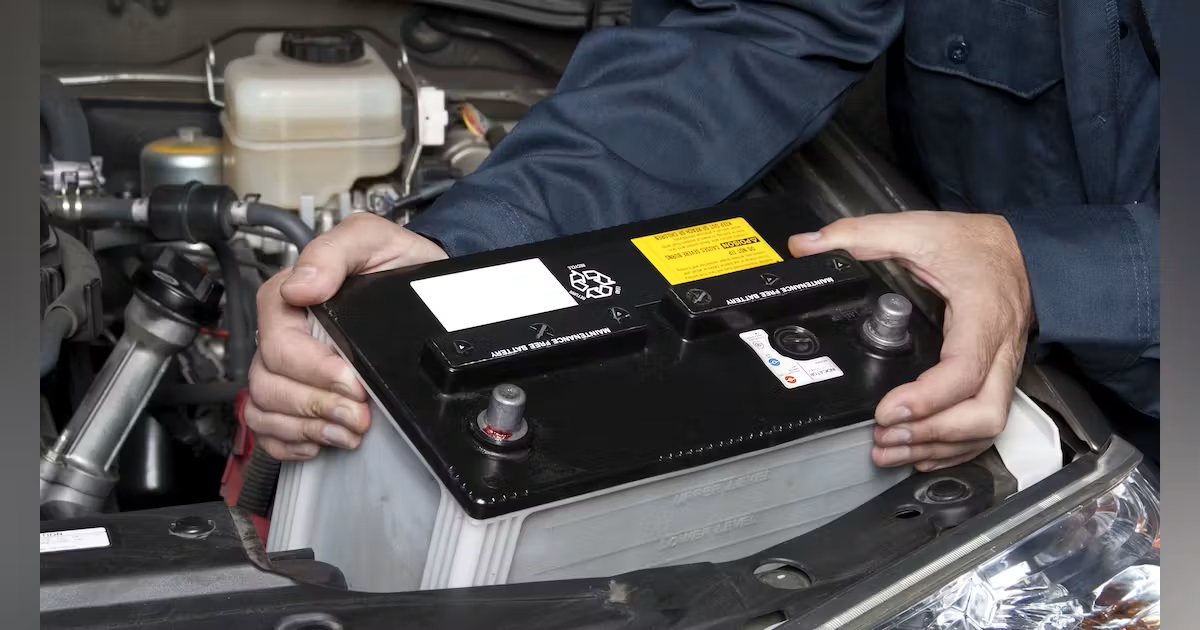
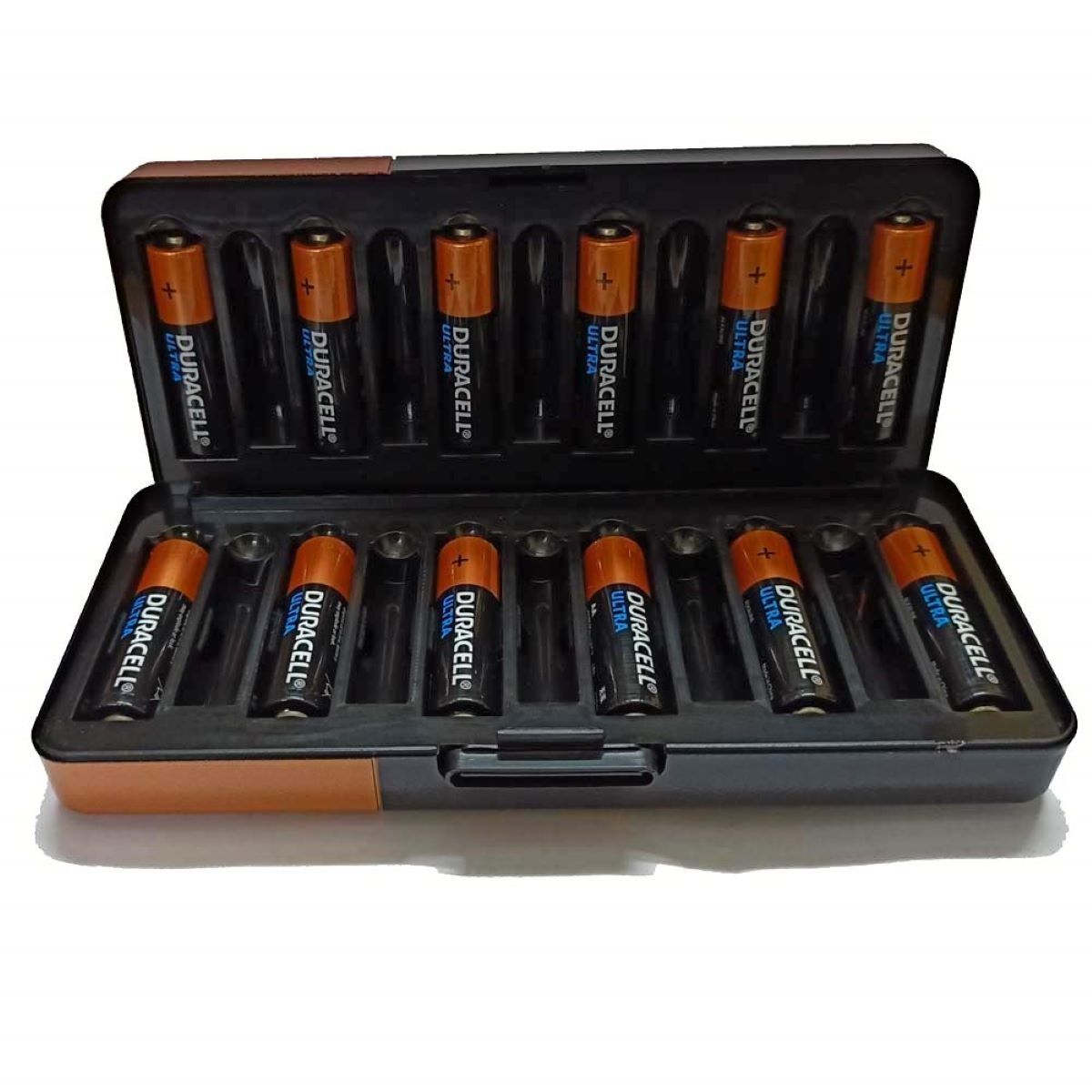

0 thoughts on “How To Store Nimh Batteries”